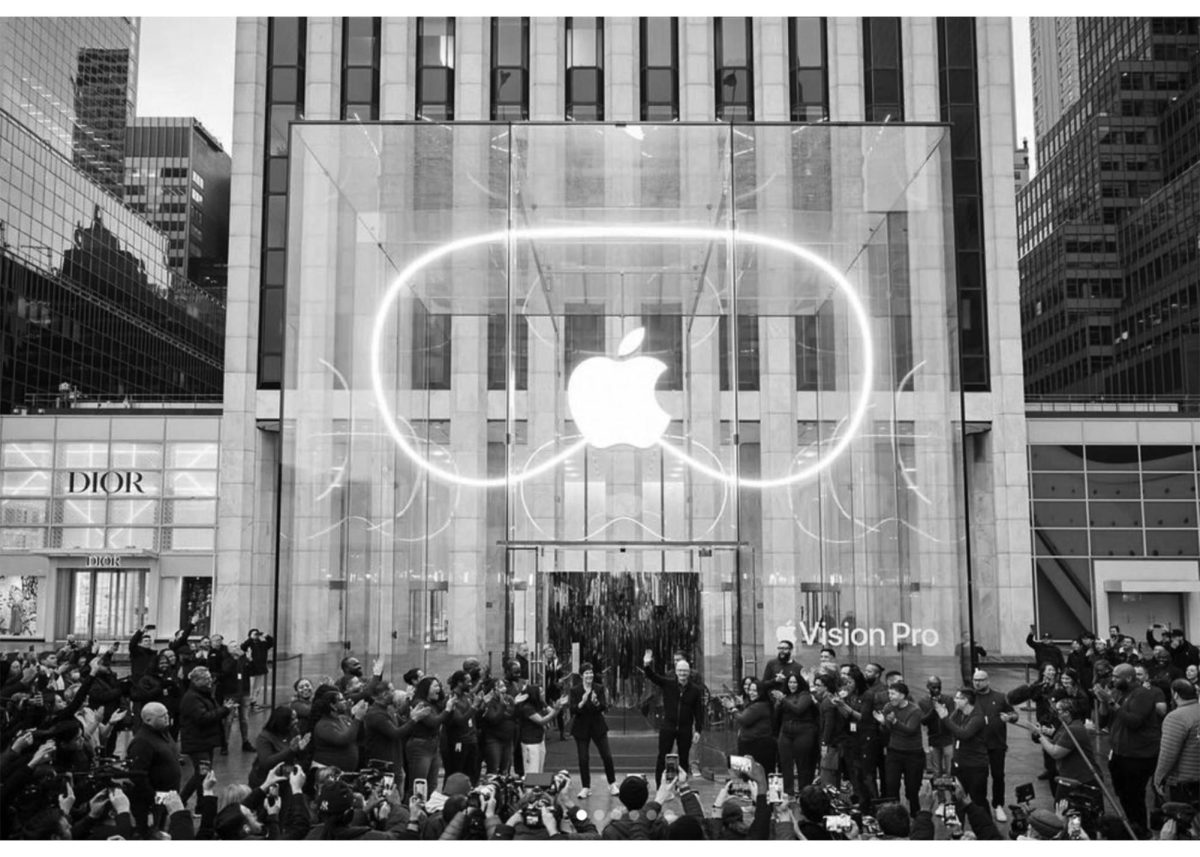Technology brings many positive aspects into our lives, however without the right knowledge it can become an addiction. It is a part of many people’s daily lives to wake up and check their phones, turn on the news, and get in their cars with hands off technology features. Have you ever stopped and considered how much we rely on technology?
Recently technology has taken a big leap, in the wrong direction. On January 29th Elon Musk’s brain chip was inserted into the first human brain. A robot administered the surgery and implanted the technology-powered brain chip into a young man’s brain. This technology-powered chip requires charging, This brain chip will supposedly make it easier for this man to receive information. Instead of learning a topic, it can all be downloaded in his brain. This is a “shortcut” that Musk sees as the future. Similarly, Musk created the first self-driving car: the Tesla. This led to a whole new level of reliance because now we put our lives at risk on the roads and in the hands of technology.
In the last two decades, we have experienced a big transformation in technology. As a population we have also swiftly progressed in technological advancements. But this may not be all necessarily good.
Apple has recently introduced ideas for the future of technology: the new Apple teleport, jetpack and hologram. These pieces of technology could easily go from very helpful to detrimental in a very short time. An example of an over-reliance on technology is the new Apple Vision Pro . People are wearing these VR goggles outside and on the street. If wearing these outside it is very likely to get hit by a car, walk into things and get hurt in various different ways. Regardless if you have these new fancy technologies or not, cell phones can also cause a lot of damage to you and your health. Reliance on cell phones is not only distracting but also harmful to people’s health. According to Centers for Disease Control and Prevention, non-ionizing radiation from cell phones can cause headaches, hearing loss, and even tumors. This is especially harmful if you sleep with your phone next to you at night. Looking down at your phone can cause neck cramps and migraines. The amount of time we spend on our phones in a year can cause anxiety. According to the Centers for Disease Control cell phones have caused an increase in anxiety since 2008. Without the use of technology there are many more things we could accomplish in a day.
Despite the fact that this reliance on technology has only reached its level in recent years, the long-term effects have already been studied and proven. A study done by the University of Rochester’s Medical Center determined that with how long humans spend on their phones, this addiction can not only interfere with our mental health, but also with our use of it that can appear in inappropriate situations-like crossing the street or driving. With this excessive need to have our phones resulting from continuous cell phone use, who knows what would happen if we were even more reliant on technology. Even in schools now, the use of A.I could contribute to the decline of education as a whole. A study from Washington University of Science and Technology pointed out that with A.I being so accessible, the need for education may go down, regardless if people have access to A.I or not. Not only that, but now that Elon Musk has proven that technology may begin to move into our bodies, will these already apparent effects of technology worsen? After the recent mysterious AT&T cellular outage, this reliance on technology has become even more noticeable. With people freaking out after waking up to see their phones displaying an ominous SOS sign and being unable to access anything at all, it is a little strange afterward to think why this was such a big deal.
As humans have evolved and developed in a complex species, why is having- or in this case the lack of- instant access a large enough deal for people to be actively upset? Seeing as this is an effect of our continuous cell phone use, these new technology advancements that are supposed to help things like mental illness- ie how the brain chip could help schizophrenia- are supposed to help something they innately contribute to?
In 1990 the depression rate was 5.7%, however today it has jumped to a shocking 29%. Of course, some factors play into this, such as the amount of people who now actually get diagnosed, but this staggering difference could be a reflection of how different our society is. A study from the University of Utah came to the conclusion that young adults who use social media are three times more likely to suffer from depression. Along with that, the National Institutes of Health stated that the risk of depression increases by 13% for each hour of social media use in adolescents.
As we continue to progress forward with these advancements and see how they impact our already worsening mental health as a society, it is important to note how much of our time and energy we are individually contributing to technology and what affects it may be having on our own well being.












